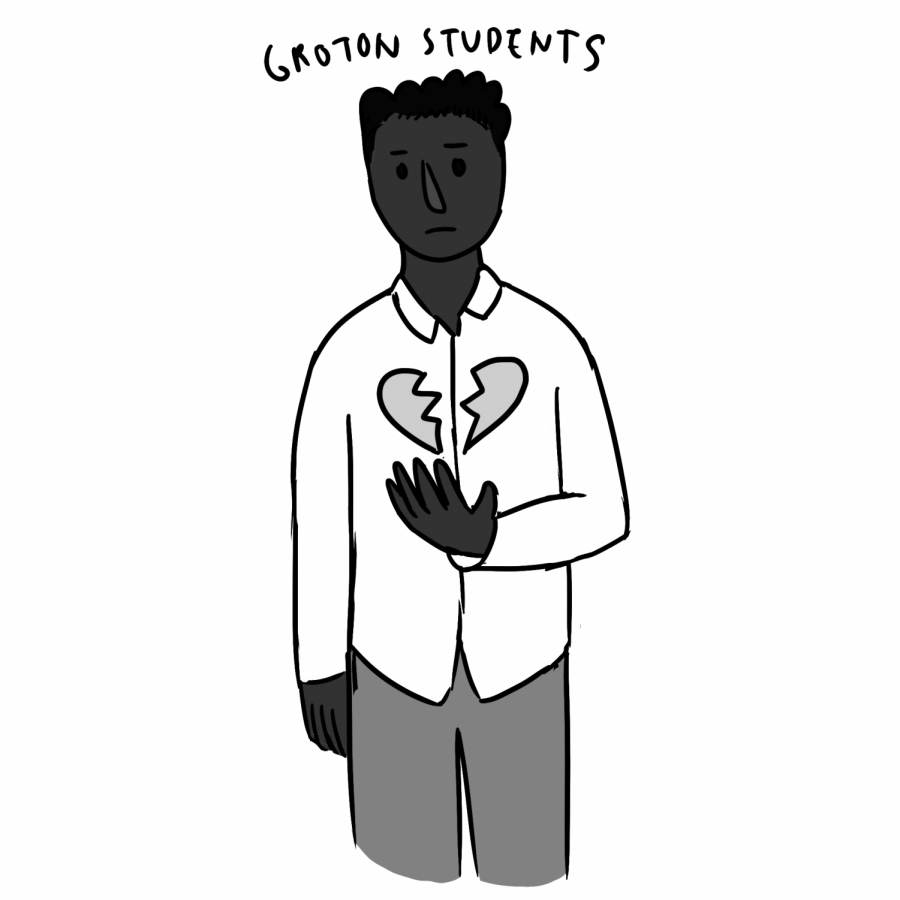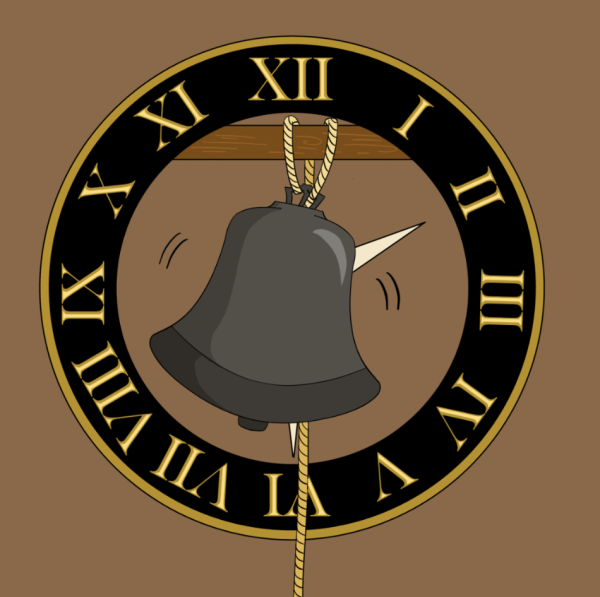The Right Way Out of Hookup Culture
In a society that is very conducive to a thriving hookup culture, Groton has done a remarkably good job in fostering relationships that are constituted by an attraction greater than one that is solely physical. Despite the world and culture around our community, Groton is not a place where hookups are counted like currency. Rather, it is a place where, relative to other communities, relationships are meaningful because they are a bond between two people.
The Groton community itself is the driving force behind this type of community. Certain administrative steps, like changing the name of “Last Chance Dance” (with the “hook up” implied) to “Last Chance to Dance Dance,” have helped to create a healthier environment in respect to hookup culture, but I think that much of this change can be attributed to this year’s sixth form.
Past senior classes suffered from gender tensions, which created an unhealthy standard for romantic relationships. The truth is, sixth formers play a very big role in setting the tone for the rest of the school. A fair number of sixth formers this year are in long-term relationships, which makes others more comfortable with having an emotional connection to their significant other.
In fact, long-term relationships have become so custom that casual hookups are now unusual, and generally frowned upon. I hadn’t heard of the term “shu,” meaning “secret hookup,” at any point during my freshman year because people didn’t need to conceal their relationships. Quick flings were not just normal, but expected. Now, students feel they must keep their casual hookups a secret.
I see this as a positive change, and although the state of romantic interaction at Groton is nowhere near perfect, it’s come a long way. Intimacy is an important part of the human experience, and a pervasive hookup culture is not conducive to such intimacy. A Groton in which people are comfortable and intimate with one another is a Groton that better prepares its students for the relationships later in life. It’s up to students to de-stigmatize meaningful, emotional connections in relationships.
I don’t claim that this year’s graduating class is perfect, but I think that younger forms could benefit from observing the standard of positive gender relations set by the Sixth Form. From what I’ve learned, I can tell you this: if you respect and develop bonds with one another, it will not only benefit you, but the entire Groton community.










